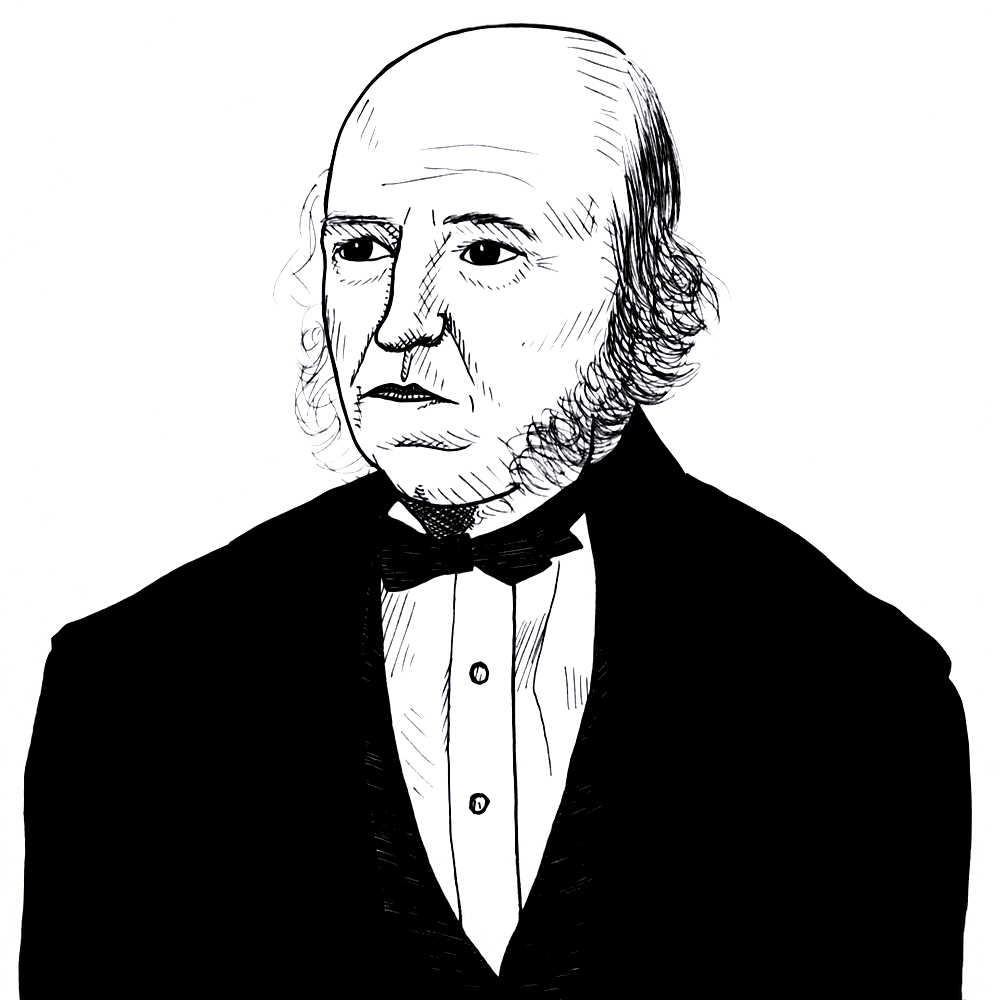
Herbert Spencer takes “philosophical politicians” to task for claiming that government promotes the “public good” when in fact they are seeking “party aggrandisement” (1843)
Found in: The Man versus the State, with Six Essays on Government, Society and Freedom (LF ed.)
Herbert Spencer demolishes the arguments often put forth by what he dismissively calls, “philosophical politicians”, to be acting in the interests of the “public good” when they enact legislation:
Parties & Elections
Philosophical politicians usually define government, as a body whose province it is, to provide for the “general good.” But this practically amounts to no definition at all, if by a definition is meant a description, in which the limits of the thing described are pointed out. It is necessary to the very nature of a definition, that the words in which it is expressed should have some determinate meaning; but the expression “general good,” is of such uncertain character, a thing so entirely a matter of opinion, that there is not an action that a government could perform, which might not be contended to be a fulfilment of its duties. Have not all our laws, whether really enacted for the public benefit or for party aggrandisement, been passed under the plea of promoting the “general good?”